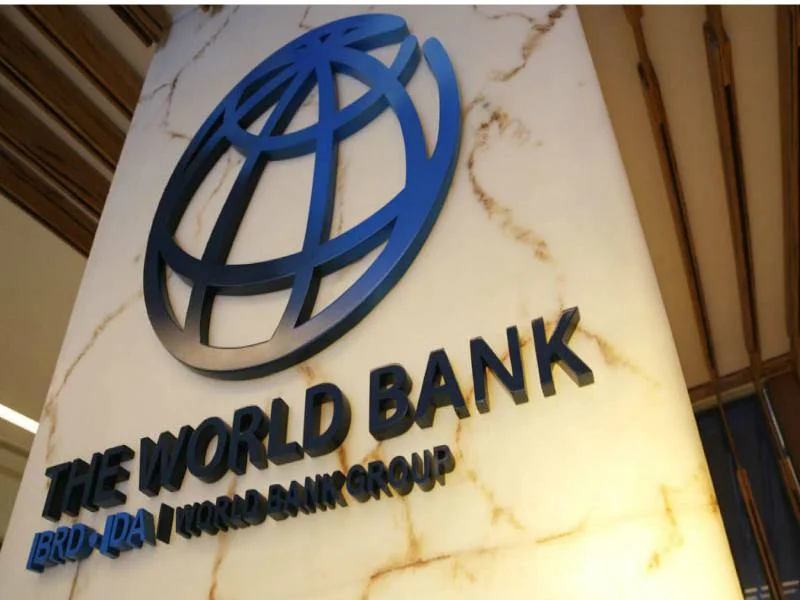Nigeria’s persistently high inflation and weakened currency will likely result in prolonged high interest rates, according to the World Bank’s latest Africa Pulse report. The report highlights that countries like Nigeria, Angola, and Sierra Leone, which are grappling with double-digit inflation, are expected to maintain elevated interest rates for an extended period to combat inflation and stabilize their economies.
Nigeria’s inflation rate reached a concerning 32.70% in September 2024, driven by escalating fuel prices and the ongoing depreciation of the naira. This inflation surge prompted the Central Bank of Nigeria (CBN) to increase its Monetary Policy Rate (MPR) by 50 basis points to 27.25% in a bid to contain rising prices. Despite these efforts, the World Bank forecasts that the country will continue to adopt a “higher-for-longer” approach, potentially further increasing interest rates in response to sustained inflationary pressures.
The depreciation of the naira—down 43% as of August 2024—has worsened inflation, with demand for US dollars in the parallel market exacerbating the situation. The World Bank attributes the naira’s decline to limited dollar inflows, increased demand for foreign currency, and delayed foreign exchange disbursements by the CBN.
The report also raised concerns over Nigeria’s recent partial reinstatement of fuel subsidies and its potential strain on public finances, suggesting that this move, while aimed at alleviating social unrest, could further complicate the government’s efforts to balance economic recovery with fiscal stability.






